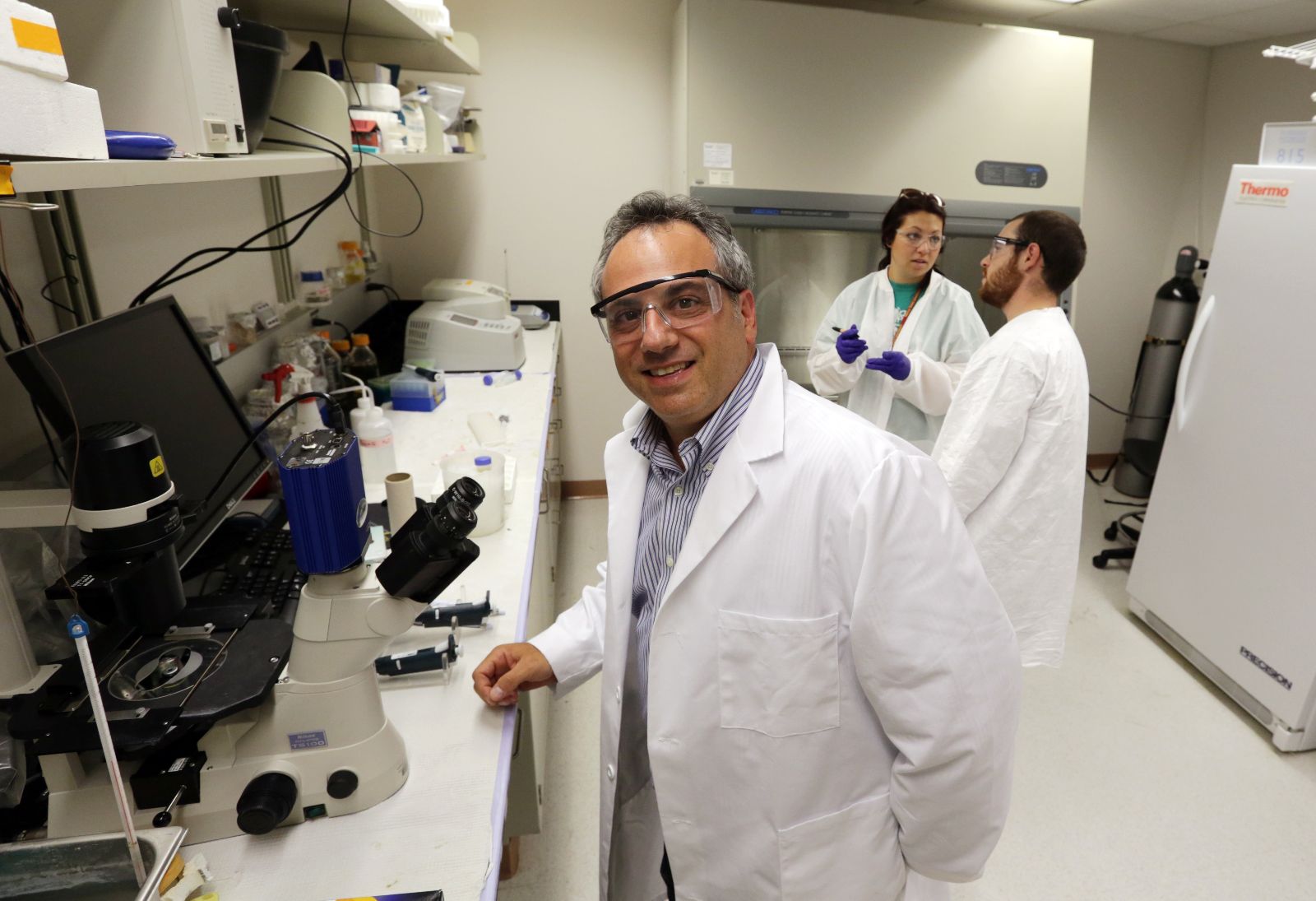$3 million NSF grant to transform STEM teaching approaches at Wayne State University
 |
| Andrew Feig, principal investigator and WSU professor of chemistry |
The National Science Foundation (NSF) has awarded a $3 million grant to Wayne State University for an institutional transformation project aimed at reformulating teaching approaches in STEM courses.
The grant, Student Success Through Evidence-based Pedagogies (SSTEP), will be divided into competitive awards of up to $100,000 and allocated to STEM departments. Successful departments will work to transform their classes from a lecture-based curriculum to incorporate more evidence-based instructional practices. Through this program, students will experience engaged learning while faculty, postdoctoral fellows and graduate students will be trained in modern, evidence-based teaching methods.
"This grant will have a remarkable impact on our teaching approaches across campus and will ultimately improve the academic success of our students," said Andrew Feig, principal investigator and WSU professor of chemistry. "The NSF is investing in us to demonstrate that these types of institutional grants can help us provide better outcomes for our students and serve as a model for improving STEM education nationwide."
Other College of Liberal Arts and Sciences (CLAS) faculty members leading the SSTEP grant include Robert Bruner, professor of mathematics; Karen Myhr, professor of biology; and Peter Hoffmann, CLAS associate dean and professor of physics. Mathew Ouellett, director of WSU's Office of Teaching and Learning, also served as a co-principal investigator on the proposal.
This award is a continuation of the NSF-WIDER grant bestowed upon WSU in 2013. The original grant was a self-study of teaching practices used in WSU classrooms and an exploration of the opportunities and barriers toward the implementation of interactive, student-centered pedagogies on campus.
The award number for this NSF grant is 1524878.